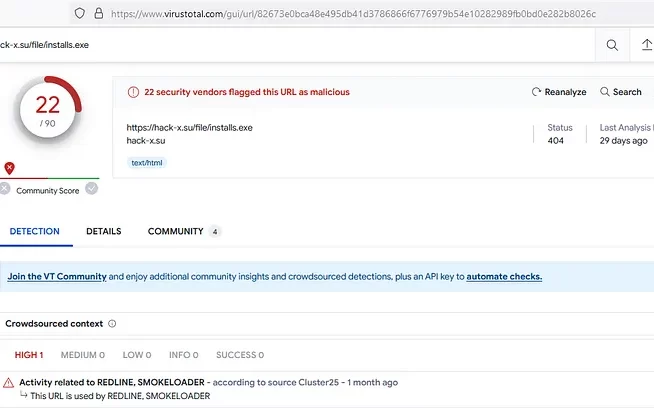Mobile applications have become an essential part of our daily lives, from social media and banking to healthcare and online shopping. As mobile application usage increases, so does the likelihood of cyber-attacks, and security has become the top priority for individuals and organisations. Mobile Application Penetration Testing is vital for identifying, comprehending and mitigating potential security vulnerabilities in mobile applications.
What is Mobile Application Penetration Testing?
Mobile application penetration testing is an evaluation procedure designed to identify security vulnerabilities in mobile applications so that remedial measures can be taken to prevent attackers from exploiting them. In order to identify security vulnerabilities, the assessment programme deploys cybersecurity specialists to simulate an attack on a mobile application using a variety of tools and techniques. The testing includes a thorough analysis of the mobile application's various components, including but not limited to source code, backend APIs, network connections, data storage, and methods for bypassing security defences.
Is Mobile Application Penetration Testing even important?
Mobile application penetration testing is critical for ensuring the security and resilience of mobile applications against a wide range of inevitable and sophisticated cyberattacks, such as data leakage, unauthorised access, malware attacks, and many others. These vulnerabilities can lead to the compromise of customer devices and the loss of sensitive information, such as customer data, as well as reputational damages and financial losses. By identifying these vulnerabilities, organizations are able to take proactive steps to remediate them and secure their mobile applications before they are exploited in the wild by malicious actors.
How Mobile Application Penetration Testing Helps and Benefits Organizations?
Mobile application penetration testing offers a range of benefits to organizations, including:
- Identification of mobile application vulnerabilities that may pose any threat
- Guidelines for addressing and mitigating vulnerabilities
- Having a comprehensive understanding of their mobile application’s security landscape
- Ensure the security of their mobile applications and the data they manage.
- Shield their customers from security threats
- Maintain the trust of their customers and stakeholders
- Comply with industry regulations and standards such as the GDPR, CCPA, and HIPAA
- Avoid reputational damage and financial losses
Why Choose Our Company for Mobile Application Penetration Testing?
At Norse Shield, we are a team of skilled cybersecurity professionals specializing in mobile application penetration testing. With years of experience in identifying and mitigating security vulnerabilities in mobile applications, we provide tailored security assessments to our clients to meet their specific requirements. Upgraded with the latest tools and techniques and by following international security standards and frameworks such as OWASP Mobile Application Security Verification Standard (MASVS), ISO/IEC 27001, and NIST, our assessment approach is designed to provide maximum coverage and thorough testing to ensure your mobile app is secure and resilient against attacks.
As a leading provider of Mobile Application Penetration Testing services, our company is committed to helping businesses in Estonia and across Europe ensure the security of their mobile applications.
As a leading provider of Mobile Application Penetration Testing services, our company is committed to helping businesses in Estonia and across Europe ensure the security of their mobile applications.
A Mobile Application Breach and its Damages
Case Study
In 2017, Uber, a leading US-based ride-sharing company, had its mobile application compromised, resulting in the theft of personal information including names, physical addresses, phone numbers, E-mails, etc. of approximately 57 million users and 600,000 drivers. As a result of the breach, Uber faced significant financial and legal repercussions, including a $148 million settlement with US states and an additional $20 million settlement with the US Securities and Exchange Commission for failing to disclose the breach to investors. In addition, Uber had to pay attackers another $100,000 in exchange for their promise to delete the stolen data. Mobile Application Penetration Testing could have prevented this attack by identifying the vulnerability before the attackers exploited it.



